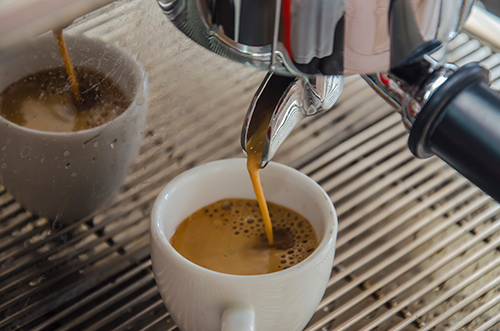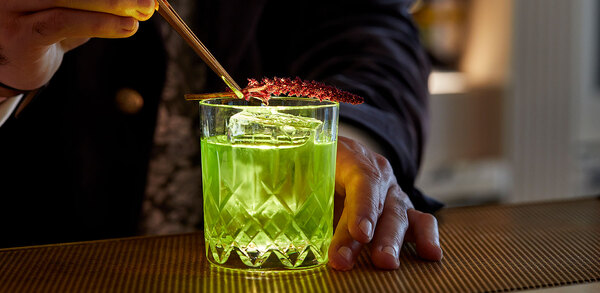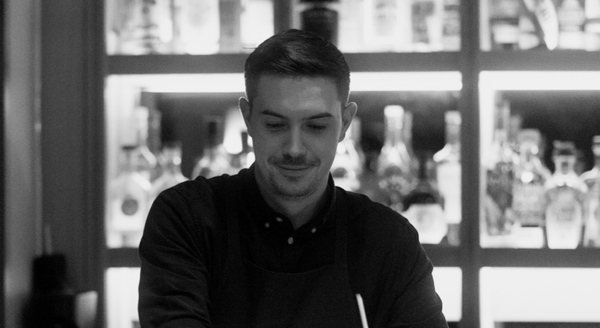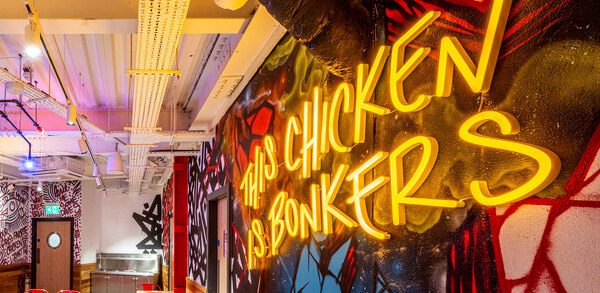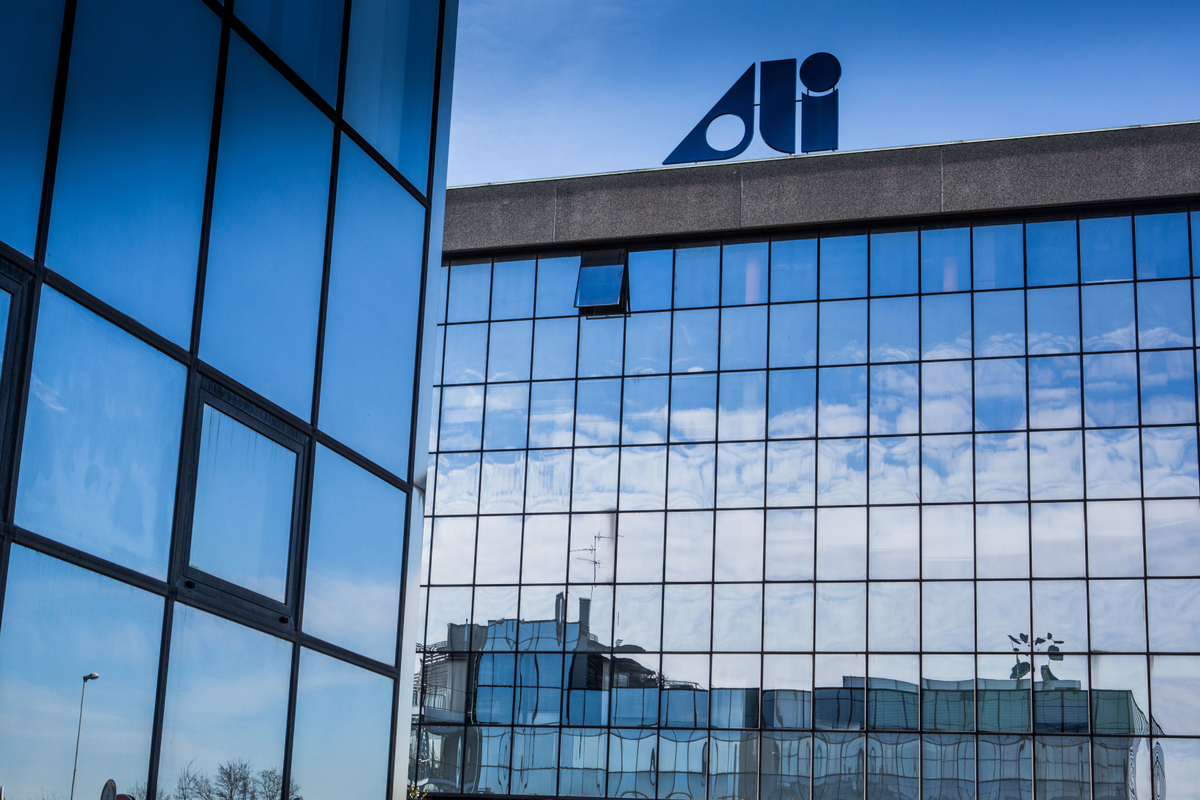How to… keep water working
Is your water harming your equipment? Or the taste of your coffee? Miles Dawson explains
The importance of water is a big topic in coffee right now, as top baristas around the world increasingly look at the specifications of water and how it affects the quality of espresso. Water is also the biggest killer of equipment in the kitchen.
About 60% of the UK is in a hard water area, meaning that scale is more likely. In these parts, coffee machines and combis will be more susceptible to scale than in soft water regions. This is because of temporary hardness in the water, also known as carbonate hardness, which causes limescale deposits to form inside equipment when the water is heated. And, if you donât take action, this can quickly cause equipment to break down. This will cause disruption to service, costly repairs and customers will feel your offer is unreliable, which could prevent them from returning.
Four ways to ensure your equipment keeps running smoothly
1 Know what your water is made up of
The content of your water varies depending on where you live in the UK. During its journey from rainwater to your tap it has picked up different minerals, chemicals and sediment.
Where the rain falls and the material it runs through will determine whether you get hard or soft water, the pH value and the level of carbonate hardness and total dissolved solids. Around 70% of the UK has hard water with a high level of calcium carbonate.
2 Understand hard water
Water affects the look, smell and taste of coffee, which makes it an important ingredient to consider as much as the coffee itself. Itâs hard water that primarily affects the taste of food and other beverages prepared with hot water.
Hard water is also responsible for scale deposits, which tend to collect on boiler valves, steam outlets and all the other parts of equipment that water touches.
So, identifying whatâs in your local water allows you to understand what filtration solution you require, enabling you to prevent clogging and avoid machine breakdowns.
3 Check your warranty
Chefs may not realise that a build-up of scale on catering equipment may be excluded from your equipmentâs warranty. Therefore, to prevent a costly bill to repair your equipment and breakdown mid-service, ongoing maintenance is vital.
4 Keep a good housekeeping schedule
Quite often the cartridge exchange is forgotten as we hastily go about our daily routine.
If you donât monitor this, thereâs no capacity left to filter the water. It will render it ineffective and leave you wide open to the build-up of scale, putting equipment and profits at risk.Â
Simply adding water treatment to your housekeeping schedule can ensure you protect your bottom line.
Miles Dawson is sales director at Brita Professional
Latest video from The Caterer



